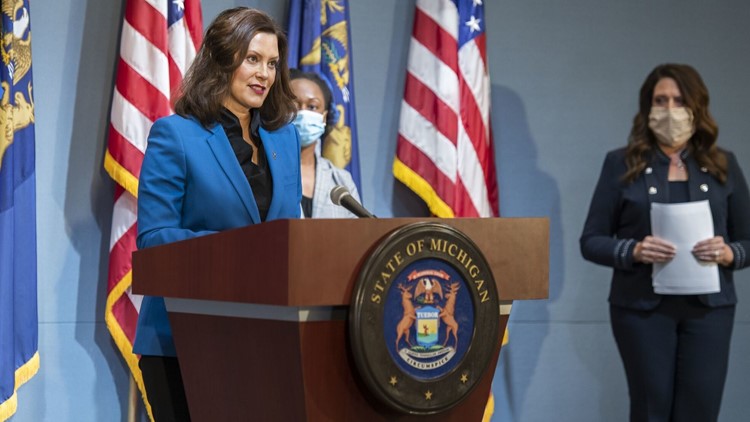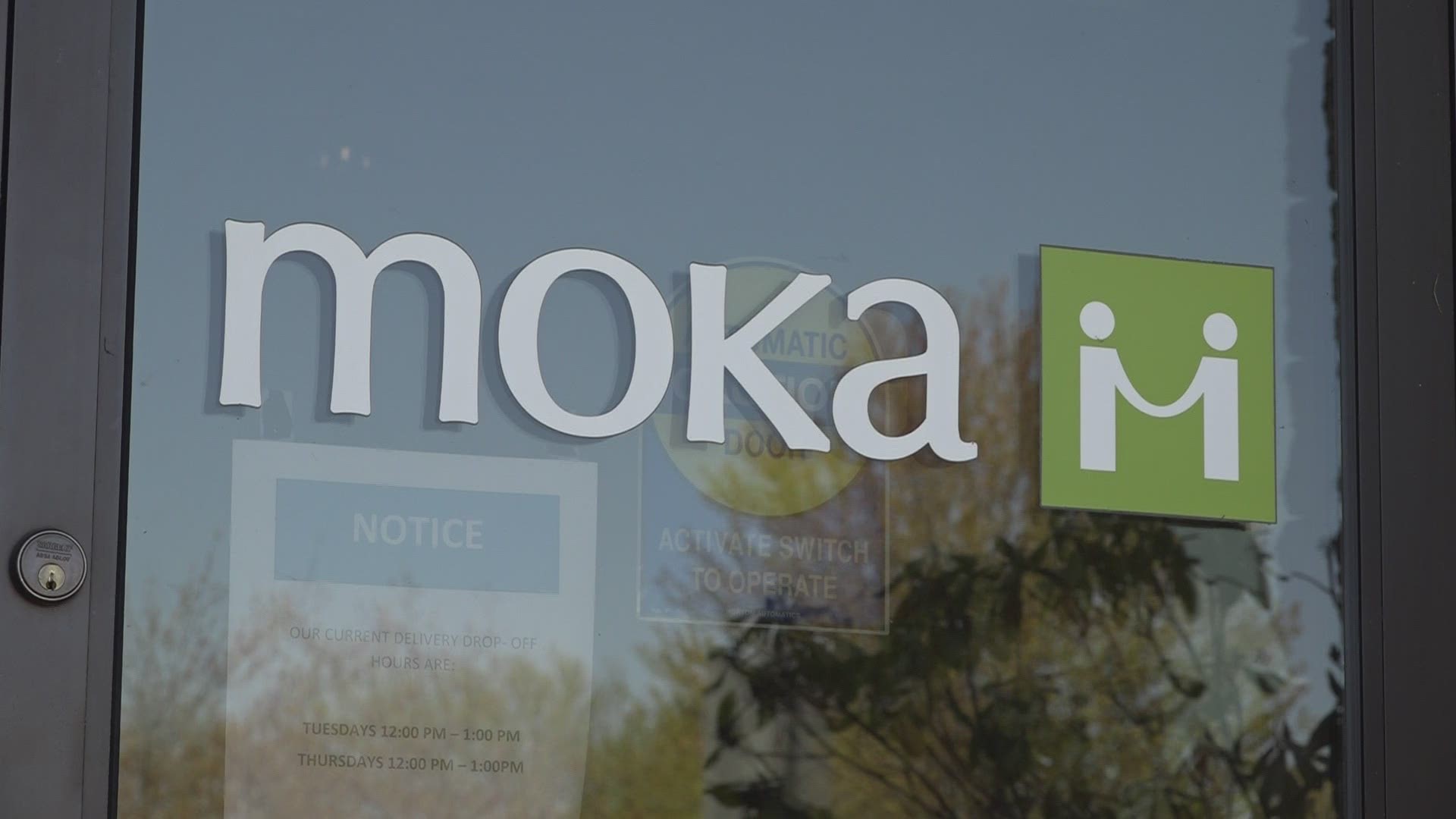LANSING, Mich. — Michigan's Legislature has begun authorizing the state to spend half a billion dollars of federal coronavirus relief funding.
The $524 million budget bill includes a $3 an hour pay raise for direct care workers at nursing homes and other facilities, and up to $1,000 in bonus pay for local law enforcement officers, firefighters and paramedics. There’s money to reduce child care costs for essential workers and to provide testing supplies and personal protective equipment for nursing, home health and day care providers.
The legislation sent to the House also would fund additional employees at the deluged Unemployment Insurance Agency and help schools pay for distance learning, summer education and assessments.
Also Wednesday, Republican lawmakers voiced concern about the safety of nursing homes for residents who don’t have COVID-19.
At issue is the Democratic governor’s month-old executive order that lays out rules for the admission or readmission of residents who have COVID-19, the disease caused by the virus. At least 687 Michigan nursing home residents have died from COVID-19 complications, nearly 15% of the state’s 4,714 reported deaths. A top state health official, citing data issues, said the number is probably higher.
Robert Gordon, director of the Department of Health and Human Services, told the GOP-led Senate Oversight Committee that if regular nursing homes can’t safely isolate and care for virus-infected residents, they should be placed at regional “hub” nursing homes that can provide higher levels of care and contain exposure. More than 290 nursing home residents are at 21 such facilities, with nearly 400 beds open.
Sen. Lana Theis, a Brighton Republican, expressed concerns about residents who don’t have COVID-19 and questioned if they’re adequately protected.
“This doesn’t seem like the safest scenario for the seniors that are already in the home,” she said. “What we should be doing is looking at a safer alternative than putting COVID-positive patients in the same building with the most vulnerable among our population.”
If it’s not possible to transfer patients to the regional hubs, they must be segregated in COVID-19 units, Gordon said.
“This is a world without perfect solutions,” he said.
Homes without protective equipment or isolation units aren’t required to accept infected residents who’ve been released from the hospital, he said.
Kate Massey, senior deputy director for the state’s Medical Services Administration, said involuntary transfers can result in psychological damage, cognitive decline and negative outcomes.
RELATED VIDEO:
MORE on 13 ON YOUR SIDE:
- Police prepare for another demonstration at Michigan capitol
- Direct care providers push for more funds amid worker shortage, COVID-19 pandemic
- Whitmer: 31K state employees to take temporary layoff days
- UIA: $5.62B in unemployment benefits paid to Michigan workers
- Gov. Gretchen Whitmer concerned about death threats against her, others amid plans for another protest
►Make it easy to keep up to date with more stories like this. Download the 13 ON YOUR SIDE app now.
Have a news tip? Email news@13onyourside.com, visit our Facebook page or Twitter. Subscribe to our YouTube channel.




